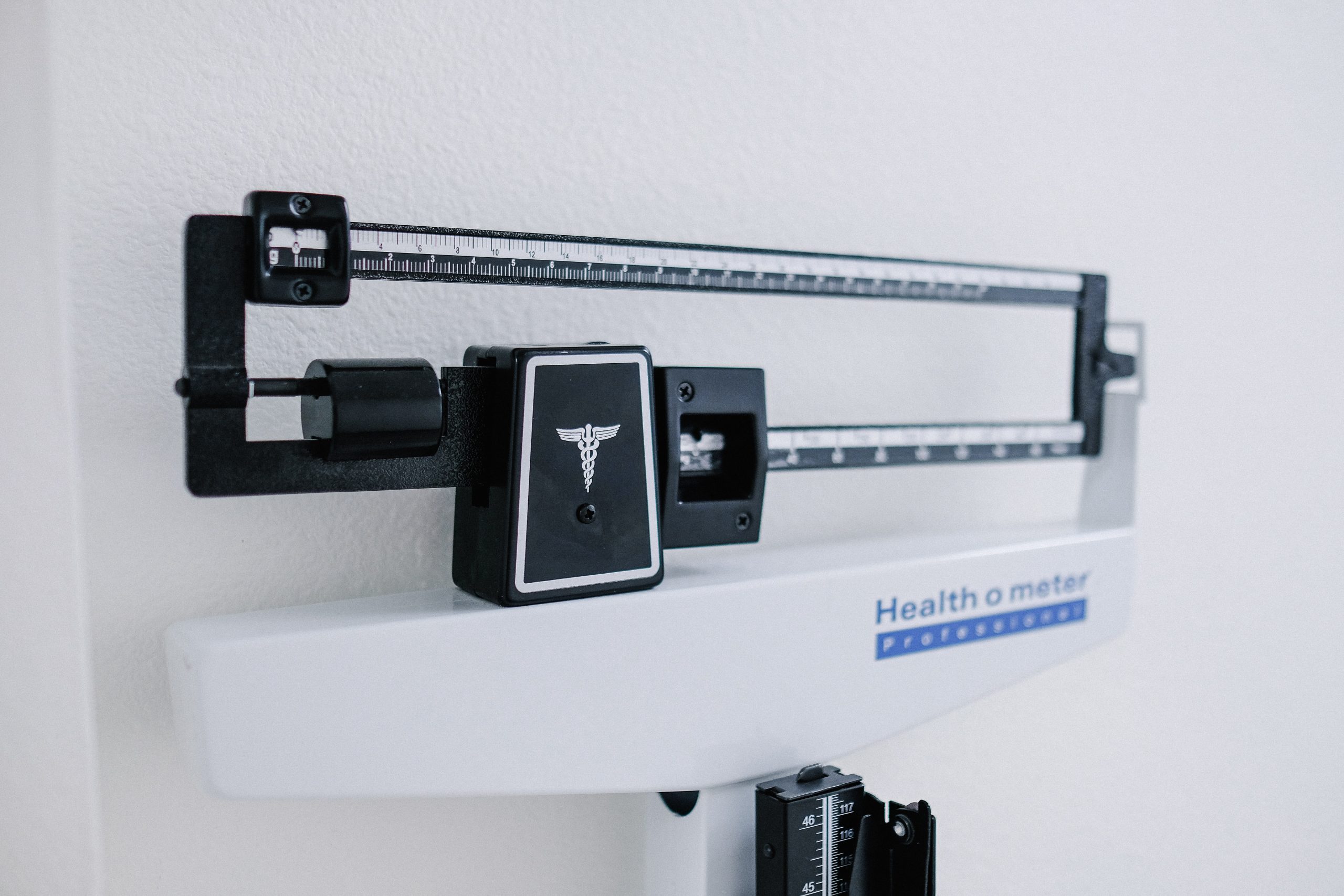One major area of interest when it comes to weight loss and maintenance is the influence of the gut microbiota – the microbes that live in the human digestive tract.
Although there are links to these microbes, obesity and weight loss, we are still learning about the relationships between the gut and body weight.
Background
The gut microbiota are believed to play a role in both the development of obesity and how the body responds to weight loss interventions.
Changes to the type of microbes and how diverse they are linked to obesity. Some of the mechanisms that can potentially explain this effect include energy balance, nutrient absorption, inflammation and appetite regulation.
Weight loss has been shown to alter the microbes in the gut. A greater diversity of microbes at baseline seems to predict a better response to weight loss interventions.
To further assess the role of the microbiota in weight loss, researchers designed a secondary study to examine the two-way relationship between a short-term weight loss intervention and gut microbes.
The study
The original study was an ongoing 12 month behavioural-based weight loss trial known as DRIFT2.
In the parent trial, participants took place in a 12 month weight loss intervention including an energy restricted diet, physical activity and group-based behavioural support. They were randomised into either Intermittent Fasting (IMF) or Daily Caloric Restriction (DCR) groups.
The DCR group had a calorie goal set to produce as ~34% daily deficit, and the IMF group had a goal that limited energy intake to 20% on 3 non-consecutive days per week, equating to ~34% weekly energy deficit. Both groups were instructed to gradually increase to 300 min/week of moderate physical activity and attended weekly behavioural support meetings.
For this study, profiling of faecal matter for 59 participants at baseline and 3 months was examined. This period was chosen as it was inferred to be when dietary adherence was highest.
The findings
At 3 months, participants experienced significant improvements in clinical health measures, as well as alterations to the composition and diversity of faecal microbes. Around 60% lost at least 5% of their initial body weight.
Bacteroids and Alistipes bacteria increased, and Collinsella decreased – all of which have been previously seen in weight loss interventions. A decrease in S. variabile was also seen, which is a species associated with metabolic syndrome.
Akkermansia increased significantly in the IMF group but not DCR group.
As the parent study was not completed at the time of the secondary study taking place, there were no final differences in clinical measures reported.
Conclusion
The researchers concluded that during the first 3 months of a weight loss intervention, the gut microbiota changed significantly. The gut microbiota may influence the response to weight loss.
Some limitations were noted. The sample size was small as only 2 of the 5 groups in the parent trial were sampled, and only the first 3 months of data was used. This also meant that differences in clinical measures could not be reported to support the analysis of the impact of specific microbes.
Further studies will help to further clarify the relationship between the microbes of the human gut and weight loss.
Reference
Stanislawski, M.A., Frank, D.N., Borengasser, S.J., Ostendorf, D.M., Ir, D., Jambal, P., Bing, K., Wayland, L., Siebert, J.C., Bessesen, D.H. and MacLean, P.S., 2021. The Gut Microbiota during a Behavioral Weight Loss Intervention. Nutrients, 13(9), p.3248.
Stanislawski, M., Jambal, P., Ir, D., Ostendorf, D., Bing, K., Wayland, L., Bessesen, D., Maclean, P., Melanson, E., Frank, D. and Borengasser, S., 2020. Changes in the Gut Microbiota During a Weight Loss Intervention of Daily Caloric Restriction Versus Intermittent Fasting: The DRIFT2 Randomized Clinical Trial. Current Developments in Nutrition, 4(Supplement_2), pp.1588-1588.

